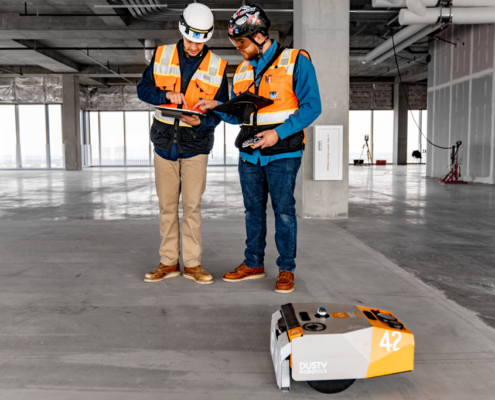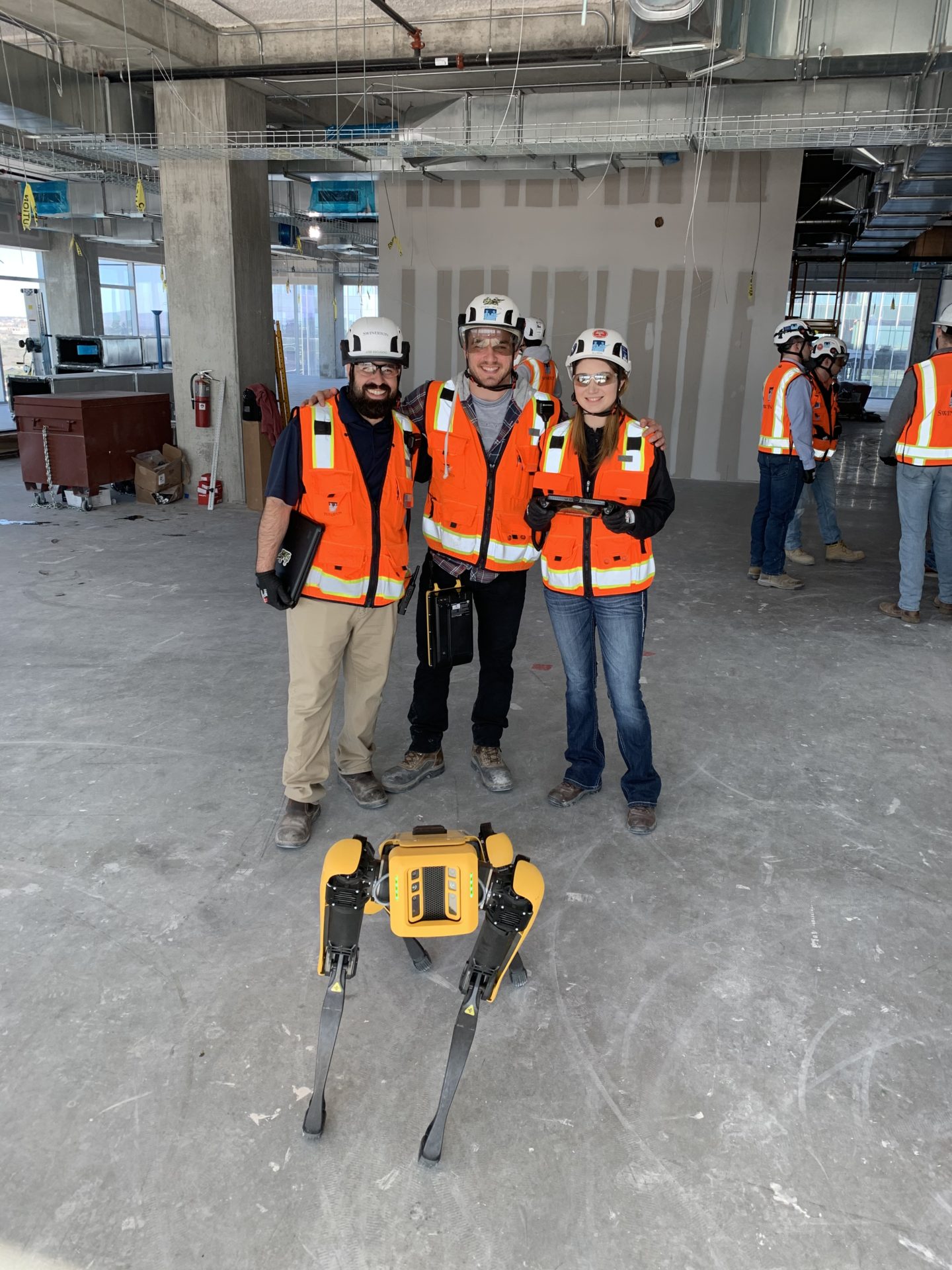At Swinerton we are committed to continually optimizing our construction processes and providing the best solutions for your project.
Building information modeling allows for a blueprint of the structure to be shared collaboratively with project team partners, while laser scanners and 3D camera technology help give clients a detailed virtual walk-through of their sites.
3D Modeling/ Laser Scanning
THE ADVENT OF 3D MODELING AND LASER SCANNING HAS REVOLUTIONIZED THE CONSTRUCTION INDUSTRY AND THE WAY SWINERTON CONDUCTS OPERATIONS.
Our in-house VDC experts can create, adapt, and manage detailed 3D building models to provide a rich visual display of all building components and systems. These models detect major systems clashes, provide pricing information, assist with site logistics and scheduling, and help identify potential problems well before they arise. Successful model review and management saves costly rework and schedule delays down the road. Data from models can be accessed from anywhere, and updates are shared in real-time.
Swinerton also offers laser scanning services for our projects. This automates and streamlines what once was a tedious and time-consuming process to survey as-built conditions on existing building renovations.
Robot Technology
Using technology such as Boston Dynamics’ quadruped robot, also known as Spot Dog, the 3D model can also be programmed into a robot. This automates printing the layout of all walls, overhead systems and floor penetrations on the floor of the construction site, streamlining what was once a manual process. This is particularly useful for large, national corporate service clients working on numerous interior office tenant improvements throughout the country. Learn more about Swinerton Innovations.
Prefabrication
Off-site prefabrication in a safe, controlled environment allows the materials to be prepared to exact measurements and show up to the job site ready to install. That can reduce the installation time at the construction site by up to 50%.
“Technology is critical to serve clients in a way that’s both national and local in scope. The client’s headquarters might be in Silicon Valley, but the architect for the project could be in New York, the engineers in Seattle, and we’re working with all of them on four projects in Denver, San Jose, Dallas, and Atlanta. These types of technologies allow a general contractor to communicate more efficiently and timely with team members from anywhere.”


